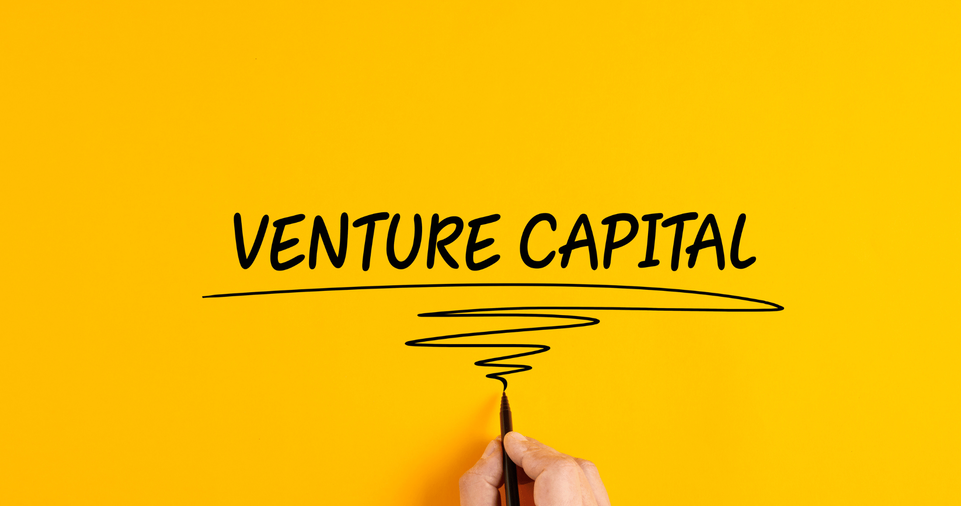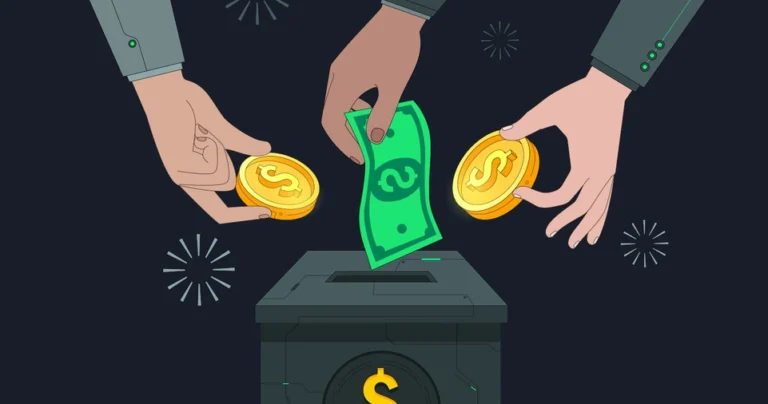The blockchain industry has grown exponentially, bringing revolutionary changes across various sectors, including finance, healthcare, supply chain, and gaming.
Startups leveraging blockchain technology have the potential to disrupt traditional business models and create decentralized solutions.
However, one of the most significant challenges for blockchain entrepreneurs is securing funding.
Unlike traditional startups, blockchain businesses often require unique fundraising approaches due to their decentralized nature and reliance on tokenomics.
In this comprehensive guide, we will explore various methods to raise funds for your blockchain startup.
Whether you are considering venture capital, initial coin offerings (ICOs), security token offerings (STOs), or decentralized finance (DeFi) options, we will provide you with actionable insights to attract investors and secure the necessary capital for growth.
Additionally, we will discuss grants, strategic partnerships, crowdfunding, and best practices for pitching your project effectively.
By the end of this article, you will have a clear roadmap for funding your blockchain startup and ensuring its long-term success.
Bootstrapping Your Blockchain Startup
What is Bootstrapping?
Bootstrapping refers to using your personal savings, reinvesting early profits, or leveraging existing assets to fund your startup.
This is often the first funding method for many blockchain entrepreneurs who want to maintain full ownership of their project without external interference.
Benefits of Bootstrapping
- Full Control: You retain 100% ownership and decision-making power.
- No Debt or Equity Dilution: You don’t owe investors or give up shares in your company.
- Incentive to Be Profitable: Since you’re using your own money, you are more disciplined with spending.
Challenges of Bootstrapping
- Limited Growth Potential: Without external funding, scaling your blockchain project can be slow.
- High Financial Risk: You risk losing your personal savings if the project fails.
- Hard to Cover Development Costs: Blockchain development can be expensive, requiring smart contract development, security audits, and infrastructure setup.
If you choose to bootstrap, consider starting with a Minimum Viable Product (MVP) to attract early adopters before seeking external funding.
Raising Funds from Angel Investors
Who Are Angel Investors?
Angel investors are individuals who provide capital to startups in exchange for equity or convertible debt.
These investors often have industry expertise and can offer mentorship in addition to funding.
How to Attract Angel Investors
- Develop a Strong Business Model: Clearly define how your blockchain startup will generate revenue.
- Show Market Potential: Provide data-driven research on industry demand and your target audience.
- Create a Compelling Pitch Deck: Your pitch should include your vision, business plan, tokenomics, and growth strategy.
- Demonstrate a Working Prototype: Having an MVP or beta version of your product increases investor confidence.
- Highlight a Strong Team: Investors want to see experienced professionals leading the project.
Where to Find Angel Investors?
- AngelList (https://angel.co/)
- Crypto-focused angel investor networks
- Blockchain conferences and networking events
- LinkedIn outreach and crypto Twitter engagement
Securing Venture Capital (VC) Funding

Why Venture Capital is Important for Blockchain Startups?
Venture capital firms provide significant funding to startups with high-growth potential.
Many VCs specialize in blockchain investments and can offer strategic guidance to scale your project.
Top Blockchain VC Firms
- Andreessen Horowitz (a16z Crypto)
- Pantera Capital
- Coinbase Ventures
- Blockchain Capital
- Digital Currency Group (DCG)
How to Secure VC Funding?
- Develop a Solid Business Plan: VCs want to see a clear roadmap for growth and monetization.
- Demonstrate Scalability: Show how your blockchain project can expand to millions of users.
- Prove Market Demand: Provide real-world use cases and traction data.
- Build a Strong Community: A vibrant user base makes your project more attractive.
- Network with VC Firms: Attend blockchain events, pitch competitions, and reach out via LinkedIn.
Initial Coin Offering (ICO): Token-Based Fundraising
What is an ICO?
An ICO allows blockchain startups to raise funds by selling their native tokens to early investors. It was a popular fundraising method during the 2017-2018 crypto boom.
Steps to Launch a Successful ICO
- Define Your Tokenomics: Determine the total supply, utility, and distribution of your token.
- Develop a Smart Contract: Create and audit a secure smart contract for token issuance.
- Build a Community: Engage potential investors through social media and crypto forums.
- Comply with Regulations: Ensure your ICO follows the legal requirements of your jurisdiction.
- List Your Token on Exchanges: Provide liquidity by listing your token on major cryptocurrency exchanges.
Pros and Cons of ICOs
✅ Rapid fundraising potential
✅ No equity dilution
❌ High regulatory risks
❌ ICO scams have led to investor distrust
Initial Exchange Offering (IEO): A More Secure Alternative
What is an IEO?
An IEO is similar to an ICO but is conducted through a cryptocurrency exchange like Binance Launchpad or KuCoin Spotlight.
Benefits of an IEO
- Exchange-backed credibility
- Immediate token listing
- Built-in investor base from the exchange’s users
ALSO READ: How to Invest in Real Estate Without Owning Property
Security Token Offering (STO): A Regulated Funding Method

What is an STO?
An STO involves issuing security tokens backed by real-world assets, offering investors more protection than ICOs.
Advantages of STOs
✅ Fully compliant with regulations
✅ Attracts institutional investors
✅ Reduces risks of fraud
Decentralized Finance (DeFi) and DAOs
DeFi platforms enable blockchain startups to secure liquidity through decentralized lending, staking, and yield farming.
Additionally, launching a Decentralized Autonomous Organization (DAO) can help raise funds from crypto enthusiasts.
How DAOs Can Fund Your Startup
- Create a governance token
- Crowdfund from community members
- Allow decentralized decision-making
Applying for Blockchain Grants
Many blockchain foundations offer grants to support innovative projects:
- Ethereum Foundation Grants
- Solana Foundation Grants
- Binance Smart Chain Fund
- Web3 Foundation Grants
Crowdfunding & Community Support
Platforms like Kickstarter, Indiegogo, and Gitcoin can help you raise funds from retail investors.
Tips for a Successful Crowdfunding Campaign
✔ Create a compelling project story
✔ Offer unique rewards to backers
✔ Leverage social media for promotion
ALSO READ: How to Create a Strong Online Presence for Your Business
Conclusion
Raising funds for a blockchain startup requires a strategic approach.
Whether you choose venture capital, ICOs, DeFi, grants, or community crowdfunding, you need a strong business model, regulatory compliance, and an engaged community.
By leveraging the right funding methods, your blockchain startup can scale effectively and achieve long-term success.
🚀 Which funding method are you considering? Let’s discuss in the comments!











